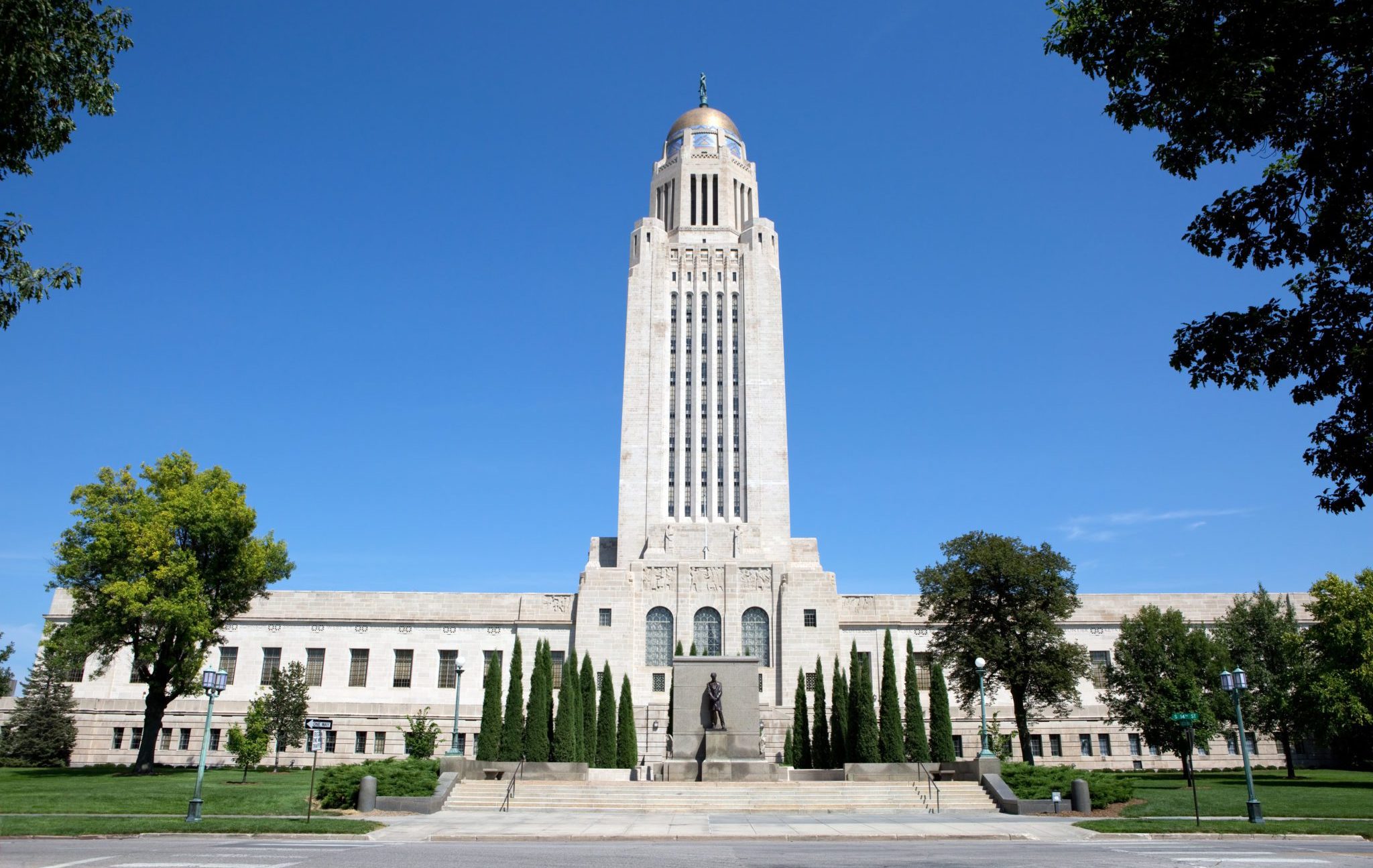On Citizen Legislatures

A government of the people is distinct from a government of professional politicians. The former is an accessible body of average Joes and Janes that knows the price of gas and the horrors of flying in coach. The latter is a collection of expert fundraisers masquerading as representatives of the people.
Yet, there’s an effort underway to professionalize “citizen legislatures” in states such as Oregon by drastically increasing legislature pay. That is a mistake. Politics, especially at the local level, were never meant to be a profession. Reversing that trend means tackling head on efforts to make state legislators even more inaccessible.
When my great grandpa, Cleveland Gupton, ran for the Nebraska State Legislature, it wasn’t because he lacked opportunities to improve his community. By title, he was an auto dealer. In practice, he was a guy who got stuff done for his neighbors. Thanks to my great grandpa, Oxford, Nebraska, got its first silent movie theater. Later, he played a role in paving roads around town. Then, he used those roads to bring a minor league baseball team to Oxford. Only after serving as the president of the Chamber of Commerce, leading the American Legion post, and sponsoring a Boy Scout troop, did he decide to run for office. He lost.
The legislature was not a means to an end for great grandpa Gupton. He didn’t oriented his life around seeking the support of wealthy individuals. To the extent he lobbied anyone, he lobbied on behalf of his community.
Years later, in 1952, his son-in-law and my grandpa, George Frazier, was appointed to the Nebraska State Legislature. He cast votes related to testing livestock for disease, banning the use of garbage to feed cows, and increasing “old age assistance.” He and his colleagues performed these duties despite having lots of other priorities. My grandpa, also an auto dealer, served alongside 12 farmers, seven bankers, five attorneys, an “oil jobber,” and several other Nebraskans with a lot of things to do other than sit around in Lincoln. With six kids at home, grandpa George “retired” from his session-long stint in the legislature. That’s the way it should be.
The pursuit of elected office has become a lifelong slog for millennials and Gen Z. They avoid posting to social media for fear of creating a digital skeleton in their closet. They cozy up to current elected officials and work as summer interns, getting paid with pizza and the occasional invite to a fancy fundraiser. They think incessantly about what coalition will vote them into office and base their community engagement off of activities likely to grab the attention of probable voters.
I know this because I was in their shoes. I thought that to add to my family’s legacy of political pursuits, I would need to join the College Democrats, work on every campaign that would have me, and avoid writing anything anywhere that would piss anyone off.
The reality is that this sort of pursuit of elected office lessens the public’s perception of their legislature. Turns out that “the more professional the legislature, the less people approve of it,” according to Peverill Squire and Gary Moncrief, authors of State Legislatures Today: Politics under the Domes. This decrease occurs despite the fact that professional legislatures appear to be more responsive to policy needs.
Three Oregon State legislators recently retired because they claimed the job demanded too much given its low pay. Some people would probably cite this as proof that high-quality public servants can’t last in a job that requires so much. However, the marginal pay reflects the fact that legislators aren’t supposed to stay in office forever.
Service is a short time gig—not a way to support your family. Melancton Smith, New York’s delegate to the Continental Congress, pointed out that too much time away from “the observation of the people” would render legislators “inattentive to the public good, callous, selfish, and [a] fountain of corruption.”
When citizen legislators try to make service their profession, or when it really is a profession, as for officials in professional legislatures, the odds of being removed from the observation of the people increases. Legislators trying to spend decades in office will have little time to spend doing anything other than campaigning, calling donors, and pleasing special interests. Those are the keys to getting reelected. Professional legislators will simply become more familiar with a legislative chamber than the floor of a car dealership, the daily to-do list of a farmer, or the responsibilities of an “oil jobber”—whatever those may be.
We need to deprofessionalize our state legislatures. Imagine if it didn’t take consultants, mailers, bigwigs, and boring fundraisers to win a seat in any state legislature. In this crazy world, doctors would have been more willing to run in 2020—responding to an increased need for medical expertise in legislative sessions dealing with Covid. Educators may have tossed their hats in the ring to assist with developing sensible policies for reopening schools. In advance of the 2022 election, in this hypothetical world, maybe more economists would give up a year or two of their lucrative gigs to help steer their state and the country through our inflation woes.
That’s not the world we live in. State legislators are increasingly rewarded for their ability to “play the game,” rather than for their connections to community members. Great Grandpa Cleveland would be disappointed.
Kevin Frazier is a fellow at the Miller Institute for Global Challenges and the Law at the UC Berkeley School of Law.
Comments